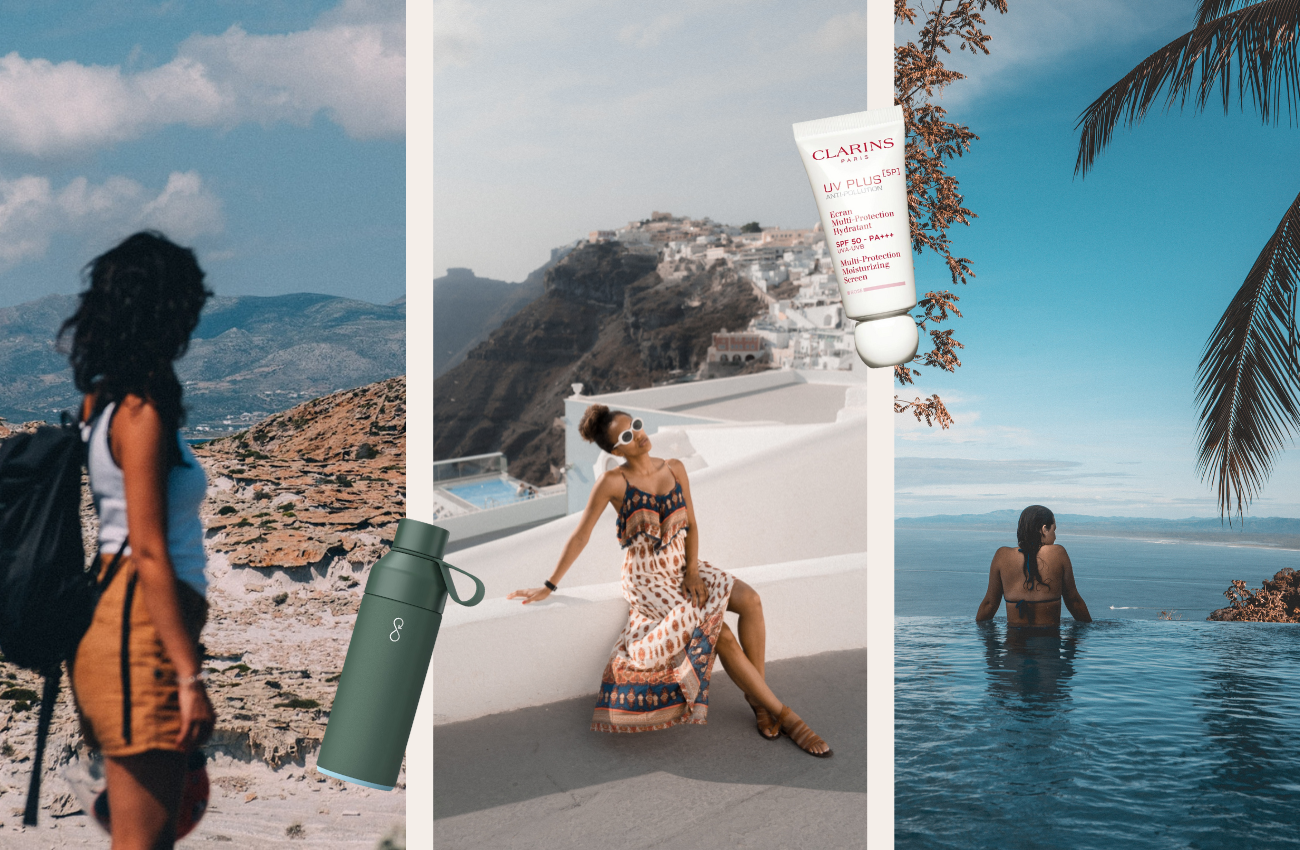The worldwide pandemic set back international travel for many of us so understandably every woman and her mother is trying to get away for a change of scenery at the moment. But with the climate crisis becoming a growing concern for everyone, ecotourism and sustainable travel is more important than ever.
What is sustainable travel?
Sustainable travel means finding a way that tourism can be maintained long-term without harming natural and cultural environments. Eco-travellers or ‘green travellers’ minimise the negative impacts of tourism by conserving the natural environment and sustaining the well-being of local people.
Why is sustainable travel important?
It goes without saying that sustainable travel is important for reducing the negative impact that tourism can sometimes bring and increase the benefits. We can combine the thrill of travel with the conscious effort to protect the natural environments and support the conservation and welfare of those places.
Sustainable Travel Tips
Looking to become a more green traveller? Co-founder of food-sharing app OLIO, that aims to reduce food waste, Tessa Clarke has shared her top sustainable travel tips to take the climate guilt out of your next holiday…
Location, location, location

When you’re choosing your holiday, consider where you’re going to travel to and how you’ll get there. The average carbon footprint in the UK is over 10 tonnes per person per year by 2030 for global heating to remain within 1.5 degrees. Unfortunately, one of the most carbon intensive things we can do is hop on a plane. A return flight to Rome is 1/4 tonne, to New York is 1 tonne and to Perth is 3 tonnes. This is in contrast to going vegan for a year which saves 0.8 tonnes . So that flight you’re thinking of taking… why not check out a train or ferry instead?
Eco-friendly sunscreen
Suncream is a must-have for all of us. Consider buying coral-friendly suncream before you go so that the harmful chemicals do not bleach the sea’s precious reef builders! There are many more eco-friendly brands than there used to be, including high street favourites.

Reduce food waste
Before you go, make sure that you share any food you have in the house that you won’t be able to use. If you can’t give it to a family member or a neighbour, consider sharing it on the OLIO app, which is easy to use and the majority of food listings are requested in less than half an hour. Ensuring that food gets eaten instead of binned before your holiday is an easy way to cut your own carbon footprint. The same goes for when you leave your holiday to return home. If you have a self-catering apartment or AirBnB – you can share any leftover food like olive oil, jams, cheese or fresh fruit on the OLIO app to be collected anywhere in the world!
Reusable water bottles

Take reusable water bottles with you! Most countries in the EU have safe drinking water, so you can fill up in your apartment or hotel which is better for the environment and your pocket. If the country you’re travelling to doesn’t have fresh drinking water, it’s still better to take a reusable bottle, and fill up from a larger one each day rather than buying multiple small bottles of water. It’s estimated that around 8m metric tonnes of plastic ends up in the sea, and it takes 450 years for every plastic bottle to decompose – let’s not be part of the problem. I really recommend the Grayl water bottle which filters pretty much everything from any fresh water source, and I estimate it’s saved at least 500 plastic bottles since i bought it.
Don’t be tempted to buy everything you need for your holiday brand-new. As the saying goes, the most climate-friendly fashion is the outfit you already have in your wardrobe. The same goes for buckets and spades, towels and everything else you might need. If there are some items you want but don’t have – like inflatables for the kids or camping equipment, consider trying to source them second hand or borrow them from a library of things or the OLIO app.





